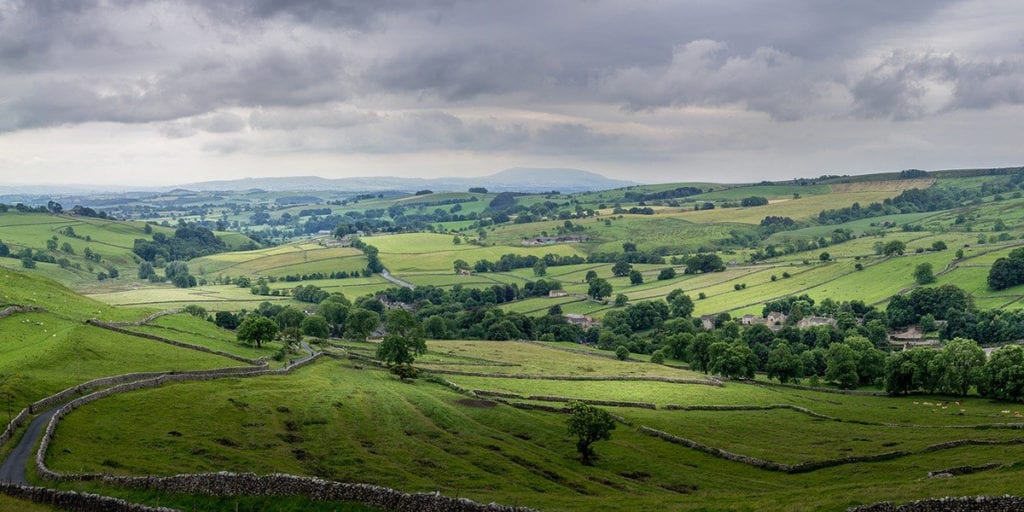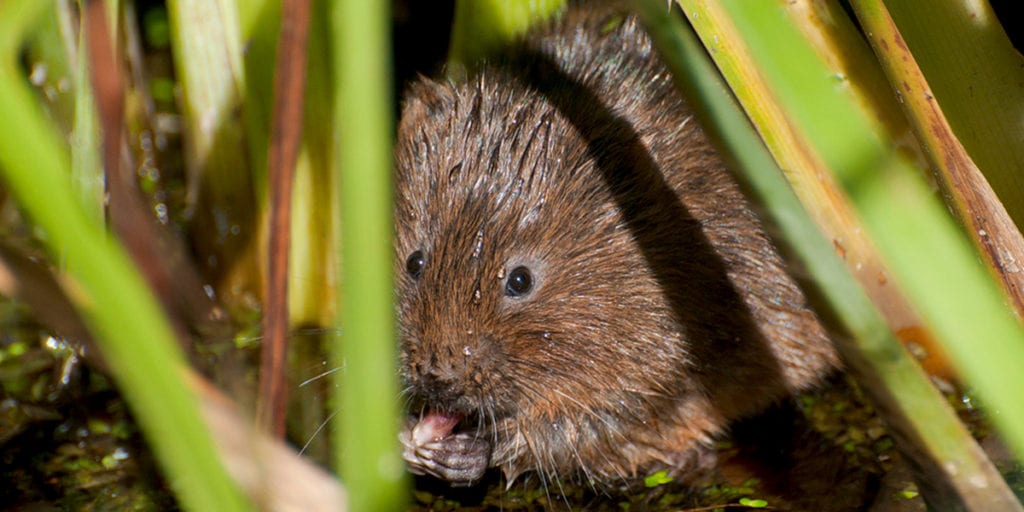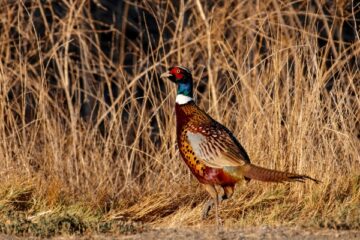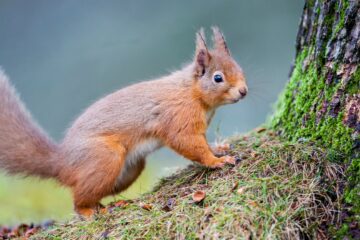Seizing the opportunity with new Natural History GCSE
At a time of judicial reviews, legal challenges and negative press stories, there is enough to keep us busy. These major threats to shooting absorb a huge amount of time and resources. But, when the opportunity of being proactive arises, we grab it with both hands. This was the case with the OCR GCSE Natural History consultation.
OCR GCSE Natural History consultation, why?
The OCR (Oxford, Cambridge and RSA), a leading qualification awarding body, launched a consultation in response to the call for developing a Natural History GCSE. This call came from naturalist Mary Colwell, who led a campaign to address the gap in natural history content in education.
The successful creation of a new Natural History GCSE has the potential to engage thousands of schoolchildren each year by tackling topics such as conservation, sustainability, species interactions, climate change and land use.
Why was BASC interested?

When you consider that shooting is involved in the management of two-thirds of the rural land area in the UK, we believe that land management activities need to be considered, and ultimately included, in the development of this new qualification.
BASC’s response to this consultation focused on fair representation of shooting and its associated land management practices. We encourage students to think holistically but also challenge their own moral compass: “Is killing one species to save another okay?”.
We know this to be sound and scientifically proven. We have seen examples of this in nature like the curlew coming back from the brink of extinction. But would a teenager who has never visited the countryside understand this concept?
Discussing those issues closer to home

I’m sure no-one would disagree that the plight of the rhino species is of global concern and therefore should feature in a Natural History GCSE. Yet local and national ecosystems must not be overlooked when contextualising examples of curriculum content.
Students should equally learn about UK species on the brink of local and national extinction such as the capercaillie (Tetrao urogallus), curlew (Numenius arquata) and the water vole (Arvicola amphibious) to name but a few examples. In order for students to take ownership of their learning and care for their countryside, they must have the ability to recognise issues faced at a localised level as well as an international one.
Science-led not emotion-led
BASC is fully supportive of a new Natural History GCSE which is designed to engage young people with the natural world. We would like to see this become a core element within curriculum to support the decision makers of the future who will steer the natural world for generations to come.
In the response to the OCR GCSE Natural History consultation, we made our feelings very clear – this subject must be science-led rather than based on emotive decisions and opinions.
There is an array of potentially volatile and emotive topics, but the learners must be directed to proven fact and science to enable them to take a holistic view of the subject.



